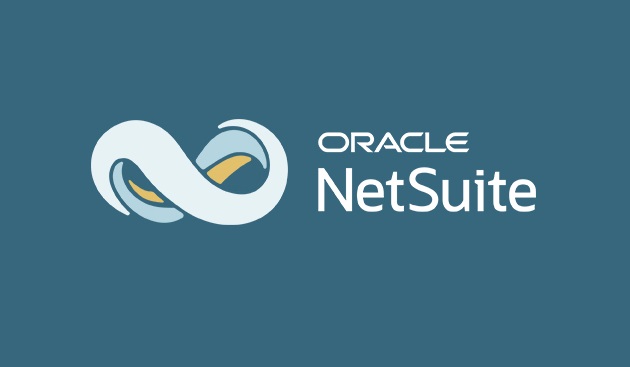Businesses across all industries are continuing to transition to web-based software solutions from desktop applications as firms look to maximize technology investments and streamline operations in a way that meets changing client needs.
Indeed, some 77 percent of organizations in a recent survey said they use software as a service (SaaS), up nearly six-fold from the 13 percent of users who did so in 2011.
Web-based software solutions, which users access through their web browser and do not require a download or installation, provide plenty of benefits to a business valuation practice. Here are some of the advantages over tools that are housed on the firm’s server or desktop computers and managed locally.
1. Efficiency in the IT department
Web-based software allows valuation firms to reduce operating costs and increase efficiency in information technology. A firm’s managing partner no longer needs to act as the IT person or manage additional overhead, and the valuation practitioners can focus on doing the valuation work instead of the IT work. In addition, web-based software is easily scalable without having to purchase additional equipment or pay for expensive upgrades; you simply log in to a website with your username. Some software programs require frequent updates to incorporate new guidance or data, but web-based solutions are updated by their providers in real-time and behind the scenes, which means valuation professionals won’t have to wait for the latest version to download or wait for an IT technician to install the update. Users always have the most up-to-date version of the software.
2. Ease of implementation and data back-up
Implementing server-based alternatives can require hardware purchases or time-consuming installations in which the firm’s IT technician has to add the program to each computer in order to begin utilizing the software solution. Web-based solution providers require neither of these, allowing valuation professionals to begin using the solution quickly. Web-based providers also back up the firm’s data, which can be especially convenient for smaller firms that might not have the same technological resources for disaster recovery, business continuity and data archival plans as larger peers.
3. Productivity
Well-designed software is built such that users follow the valuation process intuitively, making it easy for professionals using some valuation solutions both to understand the software and to train new staff as the practice grows. For example, a solution that allows the valuation professional to construct the report while performing the analysis will ultimately speed up the project and increase realization rates.
Web-based software is accessible anywhere, eliminating potential productivity drains when valuation engagements require input from multiple offices or multiple desks. Imagine a file that must be updated. If it is stored in a web-based environment, computers in each office only need access to the internet to advance the project. If a staff member is out, a peer can access the project to move it forward because the project isn’t housed on one computer. The accessibility promotes collaboration and efficiency.
The firm’s data becomes accessible from any computer, whereas previously professionals had to visit the office in order to access files.
Version-control issues are also minimized with web-based solutions. Some web-based valuation solutions allow the work to be color-coded by user and annotated for better workflow trails.
As management consultant and organizational theorist Geoffrey Moore has written, “Once systems of record are in the cloud, everyone who touches them has immediate access, 24/7, eliminating a series of time-consuming data exchanges. And because there is one and only one version of the data, there is a single source of the truth, dramatically reducing another time sink — error-tracking fire drills.”
All of this can increase valuation firms’ realization rates and provide more time for selling additional services.
4. Security of data
Security of client and firm information may be a concern practitioners have regarding a web-based platform, yet often those concerns are unfounded. Particularly for small firms that don’t have large IT budgets, there may actually be security gains from using web-based solutions. As research firm Gartner has said in its article, “The Top 10 Cloud Myths”:
Cloud computing is perceived as less secure. This is more of a trust issue than based on any reasonable analysis of actual security capabilities. To date, there have been very few security breaches in the public cloud — most breaches continue to involve on-premises data center environments. The majority of cloud providers invest significantly in security technology and personnel and realize that their business would be at risk without doing so.
Evaluation of the web-based solution provider’s security capabilities should allow for a meaningful comparison with your own firm’s information security. But keep in mind that when traditional software is installed on employees’ laptops, desktop computers or portable hard drives, there’s always a chance for the device to be lost or stolen, and some staff members aren’t diligent about ensuring their machines have the latest updates and security patches.
5. A competitive edge in a competitive market
Gains in efficiency and productivity that are provided by web-based solutions create the capacity for a valuation professional to keep current with valuation industry trends. Rather than spend several hours proofreading a valuation report for typographical errors generated by using an old template or having multiple versions, valuation practitioners can use that time to provide additional insight to the client and solidify the role of trusted advisor.
Similarly, automating more of the report-creation and data-input processes can mean a faster turnaround time for engagements, which can be a selling point to prospects who may be considering competitors using more antiquated processes.
———-
Mary Ellen Biery is a research specialist at Sageworks, a financial information company that provides financial analysis and valuation applications to accounting firms.
Thanks for reading CPA Practice Advisor!
Subscribe Already registered? Log In
Need more information? Read the FAQs




